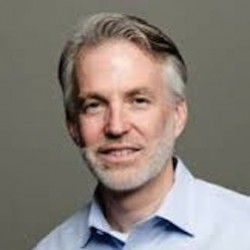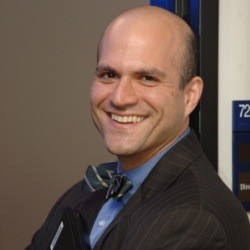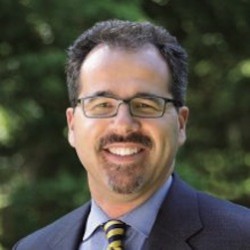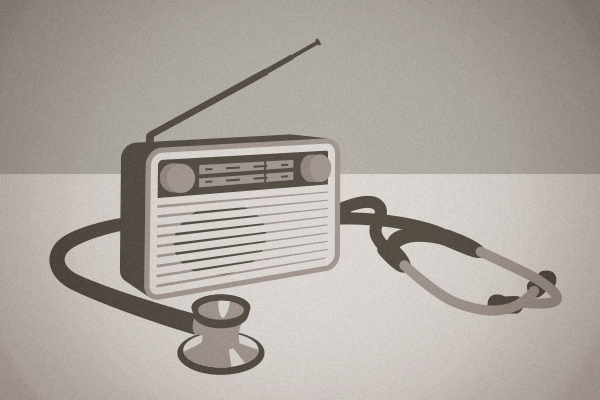According to a new collaborative study, “Smart design of health insurance exchanges that will enable Americans to purchase individual coverage under the Affordable Care Act could save consumers and the government more than $9 billion annually.”
The study was called “Can Consumers Make Affordable Care Affordable? The Value of Choice Architecture,” and it tested the ability of consumers to choose the best health insurance plan for their needs without assistance. FierceHealthIT claims, “Most participants struggled to make the most cost-effective choices for themselves and their families.” Which on one hand is just sad, that Americans have trouble buying anything (since it’s safe to say consumer spending drives our country). However, it does draw attention to an inarguable truth out–bureaucracy selling anything tends towards confusing, unfavorable market outcomes. Perhaps part of the reason is the lack of realistic motivators.






